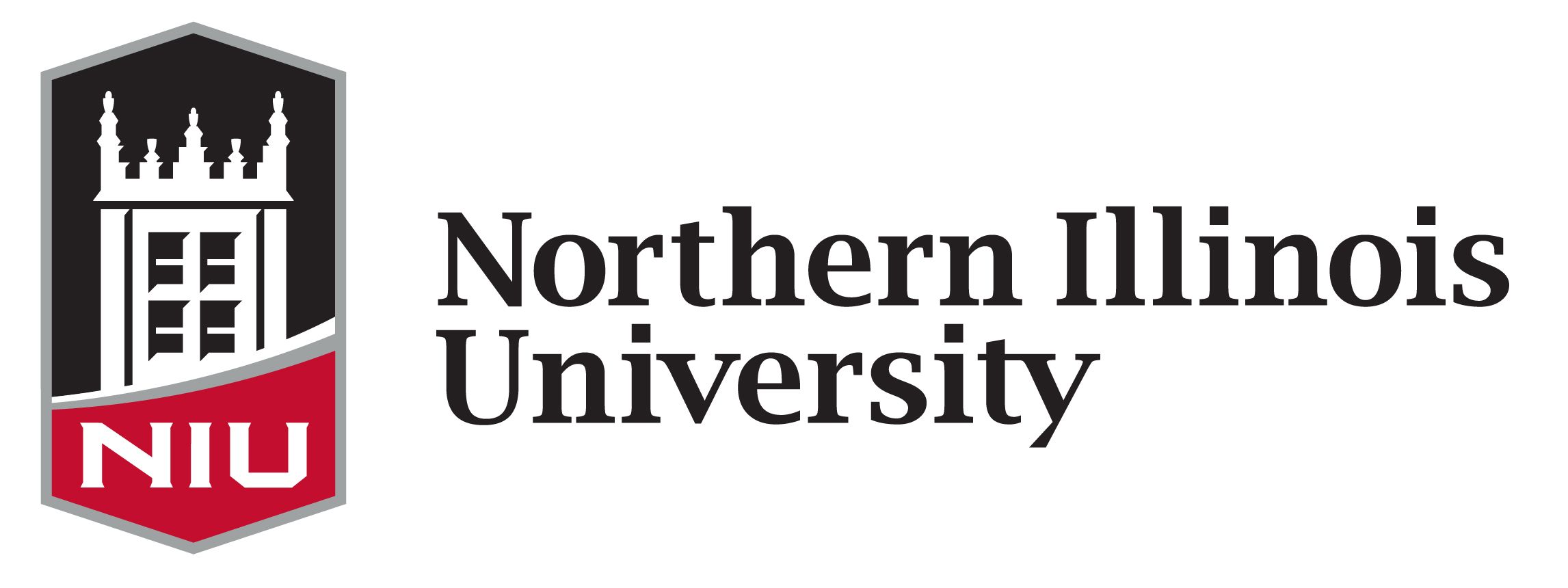
APR 24, 2019
Andrew Pemberton – NIU Today ()
Identifying equity as a top priority, NIU aims to close graduation gaps for students of color, first-generation college-goers and low-income students.
University leaders, including NIU President Lisa Freeman, recently joined representatives from 25 community colleges and universities throughout northern Illinois as part of the Illinois Equity in Attainment Initiative led by the Partnership for College Completion. The group met at NIU’s Naperville campus.
They came together to share information and brainstorm ways to address achievement gaps prevalent in Illinois and throughout the country.
Working to create a campus-wide ILEA Equity plan, NIU is primed to tackle the issue, say those involved.
Closing the gap requires an institutional effort, said NIU Senior Associate Vice President and Chief Diversity Officer Vernese Edghill-Walden, Ph.D., as opposed to the creation of a single program.
“You can have all the strategies in the world, but if you never change your institutional culture those strategies will fail,” she said. “We have to change our culture. I think we’re moving in that direction, but we have a lot more to do.”
Evaluating graduation equity rates even before joining the initiative, NIU has made strides the past four years, leaders say.
NIU’s Strategic Enrollment Management Plan spells out the university’s commitment to be a leader in the area of equitable access for students from diverse backgrounds. Among the plan’s many objectives is to clearly identify gaps and create comprehensive plans to reduce them.
Working with fellow educators can only enhance that effort, NIU leaders say.
“The conference confirmed for me we have all of the ingredients to achieve at that level and to get our institution to where we need to go,” said Renique Kersh, Ph.D., associate vice provost for Student Engagement and Success.
According to a 2017 Partnership for College Completion report, 33 percent of African American students who start at four-year institutions earn bachelor’s degrees within six years—a rate 32.7 percentage points below that of their white peers. For Latinos, 49 percent are earning degrees, a gap of 17 percentage points. Only 37 percent of low-income students graduate in six years compared to 75 percent of wealthier students.
The ILEA Initiative calls for 60% of Illinois residents to achieve earned degrees by 2025.
NIU was among the only institution at the recent summit with members of its Board of Trustees in attendance.
“It spoke to the commitment not only of our president, who was asked to speak, but also our trustees committed to this project,” Kersh said.
A first-generation college student and the daughter of Mexican immigrants, NIU Trustee Veronica Herrero of Chicago spoke at the event about the critical need for all trustees to understand what equity in higher education means and how it impacts the long-term sustainability of institutions.
Herrero told the crowd President Freeman has weaved equity and inclusion work into every aspect of the university.
“Addressing equity gaps, student success outcomes of our black and brown students, and improving inclusive practices and cultural competence in and out of the classroom are all board level, presidential goals that we help President Freeman to champion,” she said.
As part of efforts to create an ILEA Equity Plan and assess its strengths and areas in need of improvement, NIU recently sent out an Institutional Capacity Assessment Tool survey to faculty, staff and administrators. Of the 25 institutions in the ILEA, NIU received the largest survey response, with about 300 respondents, Edghill-Walden said.
Coming soon, the survey results identified a need for a clear definition of what equity means at NIU, as well as increased communication of the work being done to close graduation gaps, Edghill-Walden said. Similar to the way in which NIU recently updated its mission, the plan is to engage the university community to create that definition, she said.


